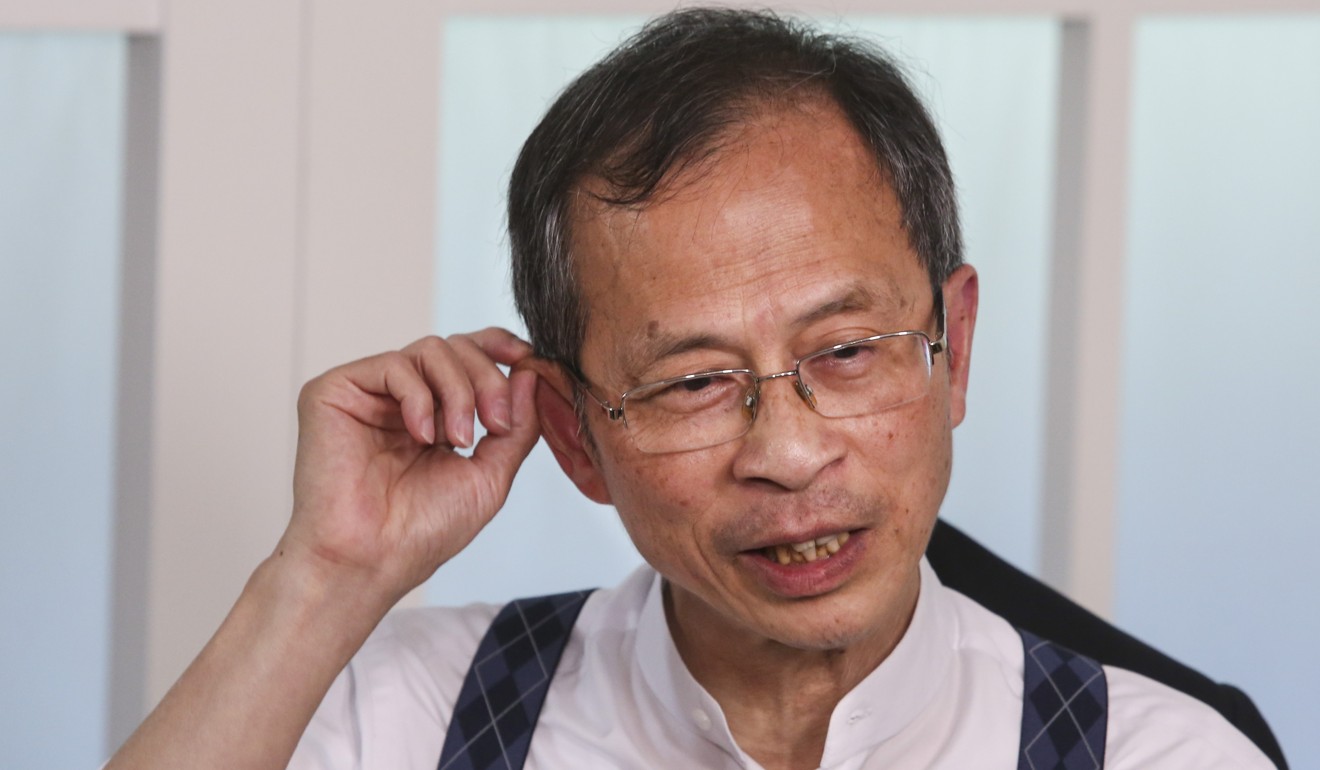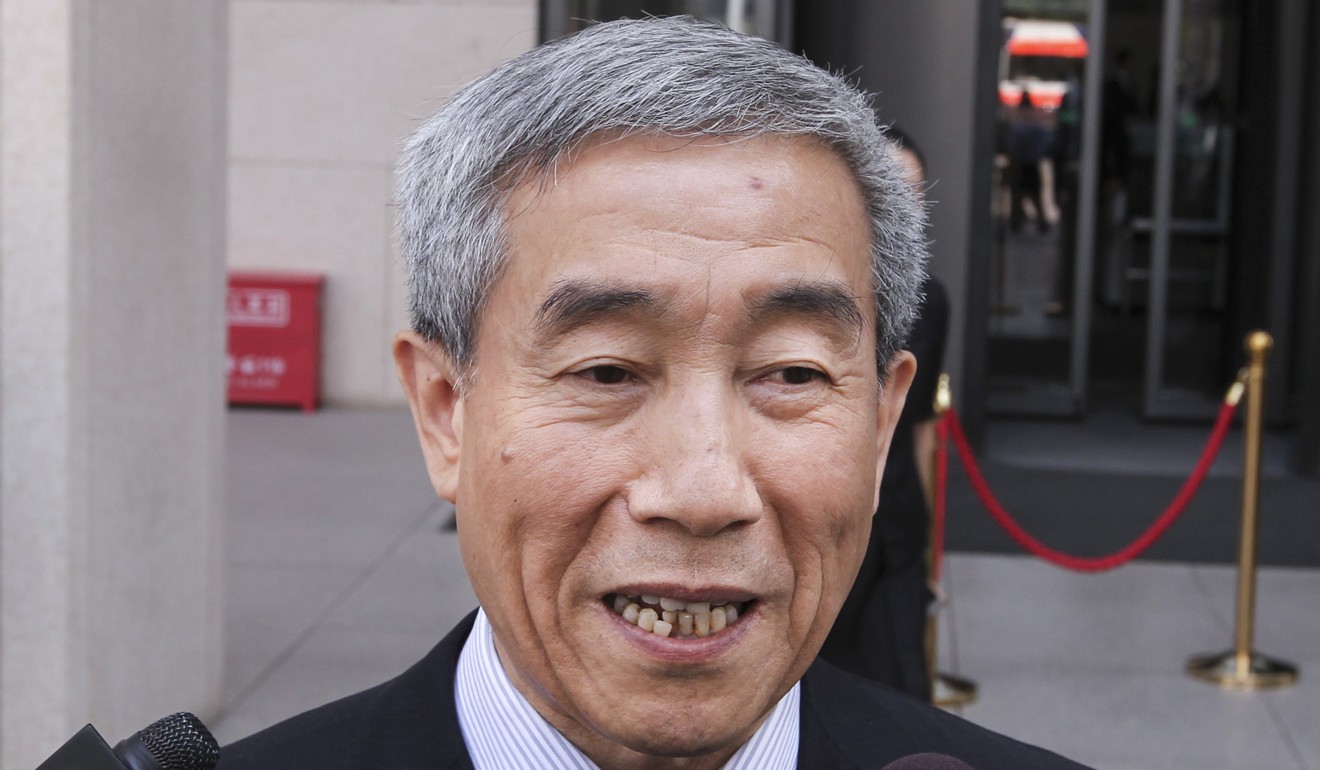
Teach pupils about Hong Kong independence as you would drugs and suicides, ex-Legco chief says
Veteran politician urges approach that educates pupils without advocating
Hong Kong teachers should be free to discuss independence in class but not advocate it, the former leader of the city’s legislature said on Saturday, urging an approach similar to educating pupils about drugs and suicide.

“What if I told the teachers not only to tell the pupils all the downsides of suicide, but also its benefits? What if I said the discussion could not be all one-sided?” the former school principal asked.
It’s like telling pupils it’s OK to take drugs and think about committing suicide
But that did not mean they should discuss both the pros and cons.
“If pupils are given the perception in school that it’s fine to advocate Hong Kong independence, you’d be harming them,” he said. “It’s like telling pupils it’s OK to take drugs and think about committing suicide.”
“Why are lessons given by liberal studies teachers not called brainwashing?” he asked. “But watching a live broadcast of Li Fei’s talk or a Basic Law seminar is brainwashing and coercion?”
Tsang suggested some pupils might prefer watching TV to attending their regular lessons. He said the broadcast could be a good opportunity for them to learn more about the Basic Law, the city’s mini-constitution.

Tsang called the detailed assessment a “good message”.
“It’s not about Beijing taking full jurisdiction because many people in Hong Kong misbehaved,” he said, adding Zhang had instead stressed the city’s autonomy had to be protected.
New compulsory Chinese history lessons will not ignore Hong Kong’s role in China’s past
Former student chief in Hong Kong punished for ‘Chee-na’ tirade
“Basic Law education is an important part of the school curriculum, and we will continue to strengthen it in schools,” Yeung said.
Responding to Tsang’s remarks, education sector lawmaker Ip Kin-yuen agreed that not everything should be discussed from both sides. But he said the controversy was not as simple as drugs and suicides, and while teachers should not advocate independence, they should state the reasons behind its advocacy when discussing the issue with pupils.


